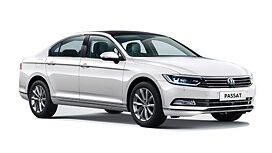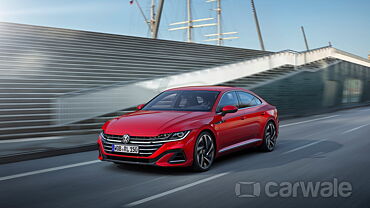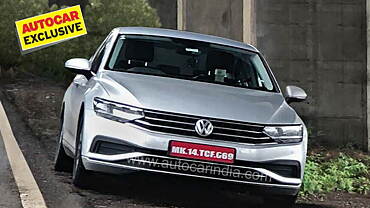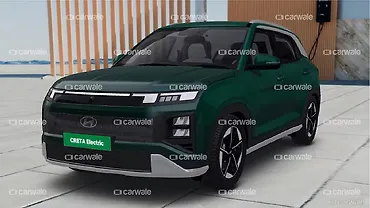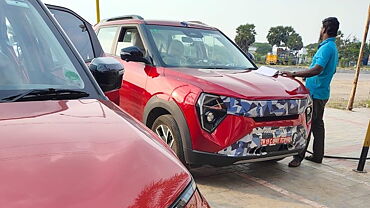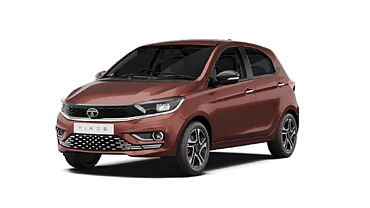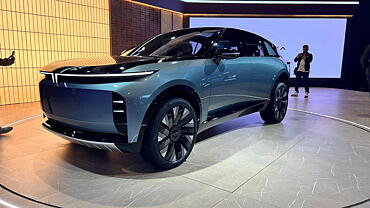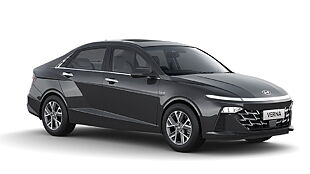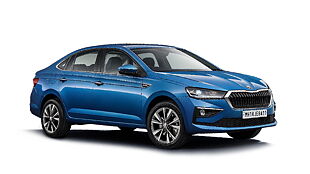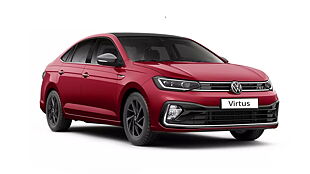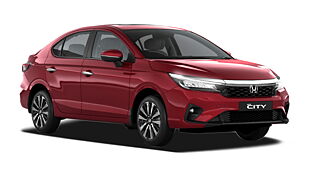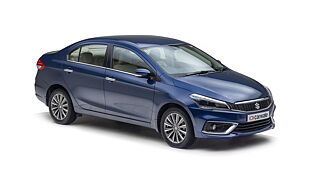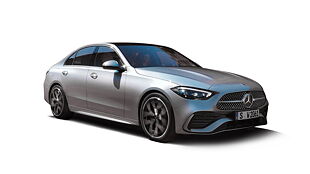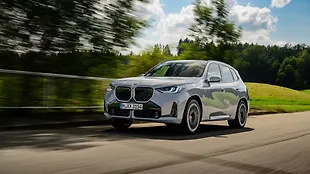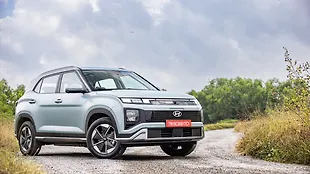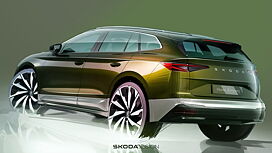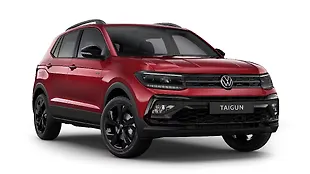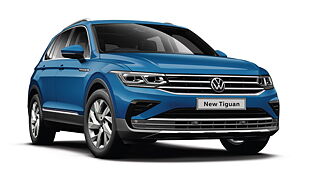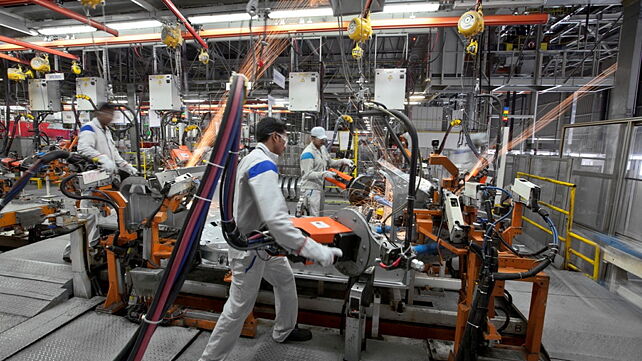
- 48V electrical layout and mild-hybrid platform
- New 1.5-litre three-cylinder turbocharged engine for natural gas
- First VW diesel-hybrid based on the 2.0-litre TDI
Volkswagen has been working on upgrading their engine technology globally to set itself up for the stricter emission norms to be enforced in the future. Following its German counterparts like Mercedes-Benz and BMW, Volkswagen has built its own version of the 48V electrical layout for new engines.
It helps assist the crankshaft at low-speed, resulting in a mild-hybrid function. Since the engine combustion is not very efficient at very low or very high rpm, the electrical assist helps the engine work with less fuel, thus reducing the emissions as well. The 48V architecture also lays down the platform for connected cars as well as autonomous driving functions that have a higher battery participation while also making the engine ready for hybrid conversion whenever needed.
In its quest to reduce emissions, Volkswagen has also developed the 1.5-litre turbocharged petrol engine to run on natural gas and calls it the 1.5 TGI Evo. The direct injection engine gets variable turbine geometry and runs the Miller cycle to develop 130bhp of power. It can also be run just as efficiently on e-gas which is obtained from renewable resources.
Finally, the most talked about engine in the past couple of years, the 2.0-litre TDI gets its share of hybrid technology as well. This is basically the application of the 48V architecture to the diesel mills and its mild-hybrid virtue being put to use. The starter-generator assists the crank at low speeds, thereby help contain the torque demand from the engine and thus restricting emissions. The exhaust gas treatment has also been improved to reduce NOx and CO2 emissions. The 2.0-litre TDI can be tuned to develop horsepower between 136bhp to 205bhp for application across the Audi, Volkswagen and Skoda model ranges.

